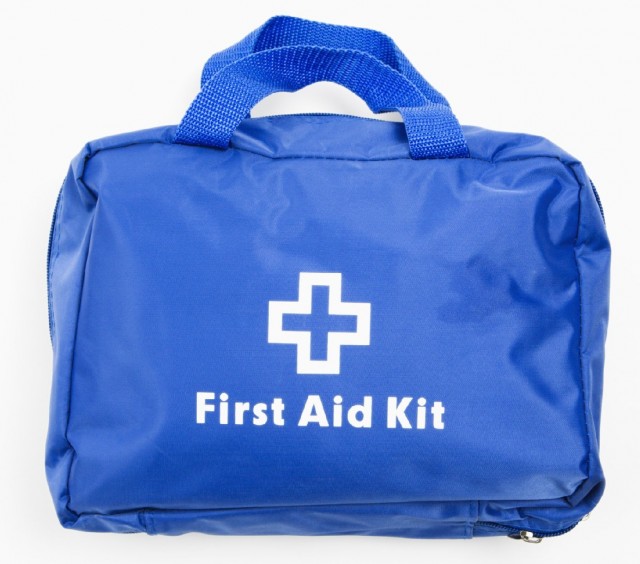Bob Wiebe, chief medical officer of Dignity Health, pointed to two chief drivers of the primary care shortage: money and work environment. Taking money first, Wiebe noted that medical students often graduate with $200,000 to $300,000 of debt. While primary care doctors might earn $200,000 to $220,000 a year, he said, specialists can make double or triple that amount. In addition, primary care physicians work in a "hectic, even chaotic environment" defined by 15-minute appointments with patients.
Transformation needed
While educating more primary care doctors would help, a bigger change is needed, all three panelists argued. Panelist Patricia Knight had a special perspective. She's a former nurse who became an attorney and now works as a patient advocate. She talked about nurse practitioners, nurses with advanced training who, along with physician assistants, "can handle many of the problems that come in and take care of them without ever having to involve the physicians." But she also urged caution before rushing ahead. She worries that if we try to "churn out more nurse practitioners" they might be lacking in the clinical experience necessary to do an effective job. Amending laws to allow these midlevel health providers to practice more independently has been a hot topic in Sacramento.
Grumbach argued for a new approach to primary care, a team-based approach. "We need to deploy nurses, physicians, pharmacists, mental health personnel in the team. There's so much work to be done." He said that people in the U.S. who have diabetes are twice as likely to have an amputation as someone in Europe. That's because we haven't invested in "nursing care, the head coaching, the health coaching, the support in how to control your diet, the fundamental primary care to keep that foot healthy so you don't wind up in the hospital."
Knight called for an innovation in the way people are seen. Instead of having an appointment, going home and then heading off to a specialist appointment at another location, the patient stays in the room and various health professionals come to the patient, all in one visit. She described how this could work for someone with diabetes or heart disease. "Instead of seeing one (health care provider) in a silo, you have a group, and with the specialties together, (providers) are able to offer a broader scope of care in a concentrated time."
People don't want health care, they want health
Wiebe pointed to changes already coming, some related to new incentives under the Affordable Care Act. Already there are changes coming in payment systems. Instead of a fee-for-service model where doctors get paid for specific things they do to patients -- tests, treatments -- new approaches, such as a bundled payments, are coming into play. Physicians might receive a lump sum of money, an incentive to keep patients healthy.
Knight said that patients have a responsibility to oversee their own health and be more engaged. Patients should "be prepared to the extent you can be for your appointment ... getting an overview of a condition. That enables you to go in and ask more questions, be prepared, be ready to interact with your team."
Grumbach believes the Affordable Care Act is a step ahead for the country, making sure that people have health insurance, but beyond that "we need to fundamentally rethink how we deliver health care," he said. "It does not makes sense to just cover more people with the same shoddy product."
Learn more:
Listen to the podcast of the one-hour discussion.
